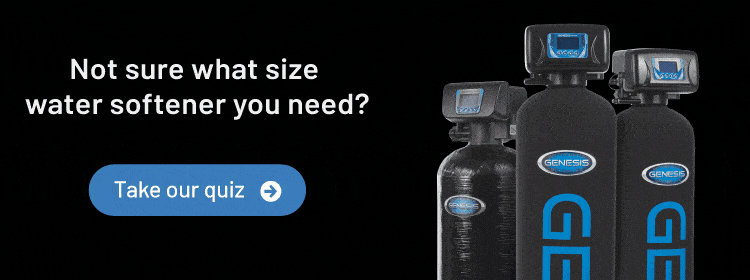Does Water Softener Salt Kill Grass?
Posted by Discount Water Softeners on May 16th 2019
Nearly as important as the way our homes look on the inside, is their curb appeal. As warmer weather approaches, homeowners begin to strategize lawn care. Neighbors stand outside with hoses, assessing the winter’s damage and desperately try to bring life back into their landscapes.

Most homeowners know that the wrong amount of water or sunlight can ruin lawns, but it’s not always about how much water as it is what’s in it. Soil nutrient deficiencies and imbalances can also wreck your yard. Correcting this problem can improve the growing environment, allowing a healthier, more resilient turf to emerge.
Using Soft Water For Lawn Care
Water softening is a godsend for homes with hard water. Hard water requires more soap and detergents to get things clean; softening your water will make household chores a breeze. Soft water prevents ugly orange staining and clogged pipes. It makes water taste and look better, too. Shinier hair, cleaner tubs and appliances…soft water benefits us in a number of ways. On the flip side, lawns and gardens don’t always like it so much.
When it comes to the water on the outside of your home, there’s a chance that soft water could have a less than positive effect on the quality of your lawn and garden. If you’re using treated water on your outdoor greenery and it seems to have a difficult time thriving, it could be that your plants just don’t do well with soft water.
What Your Lawn Is Trying To Tell You
You’re doing everything right. You water in the morning when the sun isn’t likely to burn your plants and the soil won’t stay damp all day. You never overwater, to keep your flowers from wilting. You fertilize, weed, aerate, even send a few prayers out to the lawn gods. But something else is making your garden unhappy, and the long-term use of treated water is beginning to appear suspect.
Why isn’t your softened water good for the lawn? Softened water is treated with salt to help remove the minerals from hard water. The resulting soft water contains excess sodium, which can fool plants into thinking that they’ve absorbed more water than they have, causing dehydration.
Soil quality is also affected in areas where rainfall is scarce because watering with soft water causes salt buildup on the surface. Areas that receive regular rain are not as sensitive to sodium accumulation because natural rain washes salt away. It’s unlikely that your water softener salt will kill your grass, especially not by using it to water occasionally. But prolonged use of soft water just isn’t ideal for your garden.
Soft Water In, Hard Water Out
You have a whole home water softener but you don’t want to use soft water for your garden. What should you do? One option is to go green and collect water in a rain barrel. It’s a great way to conserve resources, and rainwater is fantastic for your garden. Rain is “naturally” softened water as it hasn’t had time to collect many dissolved minerals from the ground. Plants love rainwater, and it has the perfect pH balance and nutrients to keep soil and plants healthy.
Using distilled water is also good for use in gardens, but the expense of using distilled water for a larger area can be too much for most homeowners. Distilled water contains no minerals, making the need for fertilizers essential to keep a healthy garden.
Perhaps the easiest route for watering your outdoor area with unsoftened water is to use the bypass valve on your water softener. This can be used to temporarily bypass the softening system to access untreated water. If you link this bypass valve to an outside tap or other outlet, you can use the untreated water to water your garden with a hose, as you would do normally.
A separate spigot for outdoor water with a water line independent of your water softener allows you to draw water from the water line before it’s treated so that you can water your lawn and garden without softened water, but you’ll still reap all the benefits of soft water inside your home.
Green With Envy
There are always those lawns in the neighborhood that seem to fare better than everyone else’s. They stay green in times of drought, dandelions don’t dare encroach, and its carpet-like appearance begs you to lie down and nap on it. Most likely those lawns have been tended to as carefully as a shepherd guards his sheep.
It’s true that lush, green lawns make a statement. A properly maintained yard makes us look and feel good about ourselves-- it may even reveal your status in the community. Anyone who has spent countless hours cultivating finicky vegetation knows achieving the perfect, emerald green lawn takes more than regular mowing, and the slightest changes in weather or water can transform soft, thick turf into a patchy, prickly jungle nearly overnight.
Giving your landscape what it needs means troubleshooting problems as they arise, and dedicating a fair amount of effort to the task. Pay attention to your soil and water quality, and look to your plants for clues it’s getting the proper nutrients. Using untreated water for your lawn and garden is the safest bet for keeping it in tiptop condition.
Enjoy your good, soft water for bathing, drinking, and household chores; water softeners do excellent work inside your home. But when it comes to keeping your grass green, and your neighbors green with envy, using rainwater or water that hasn’t been softened will give you the very best results.

